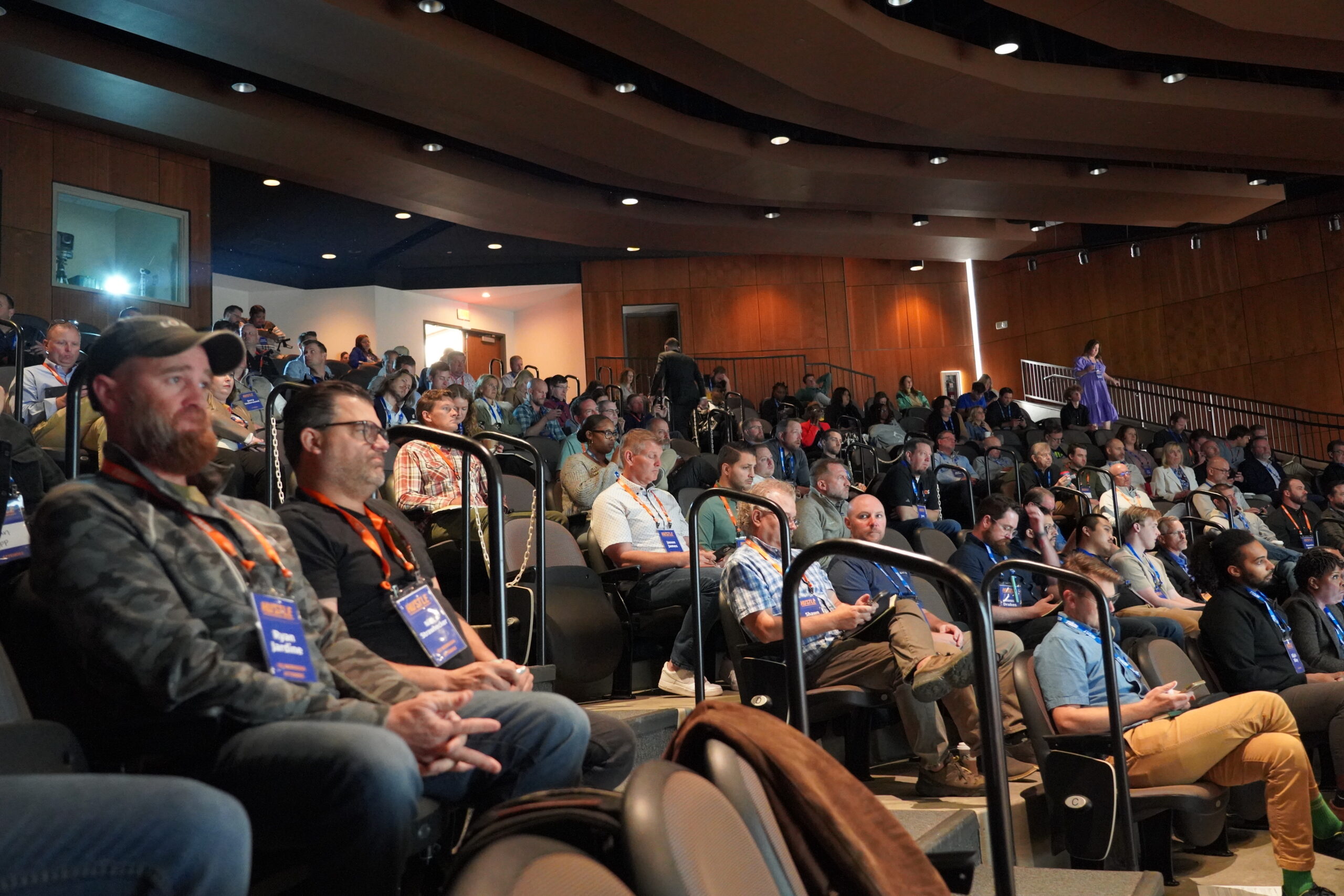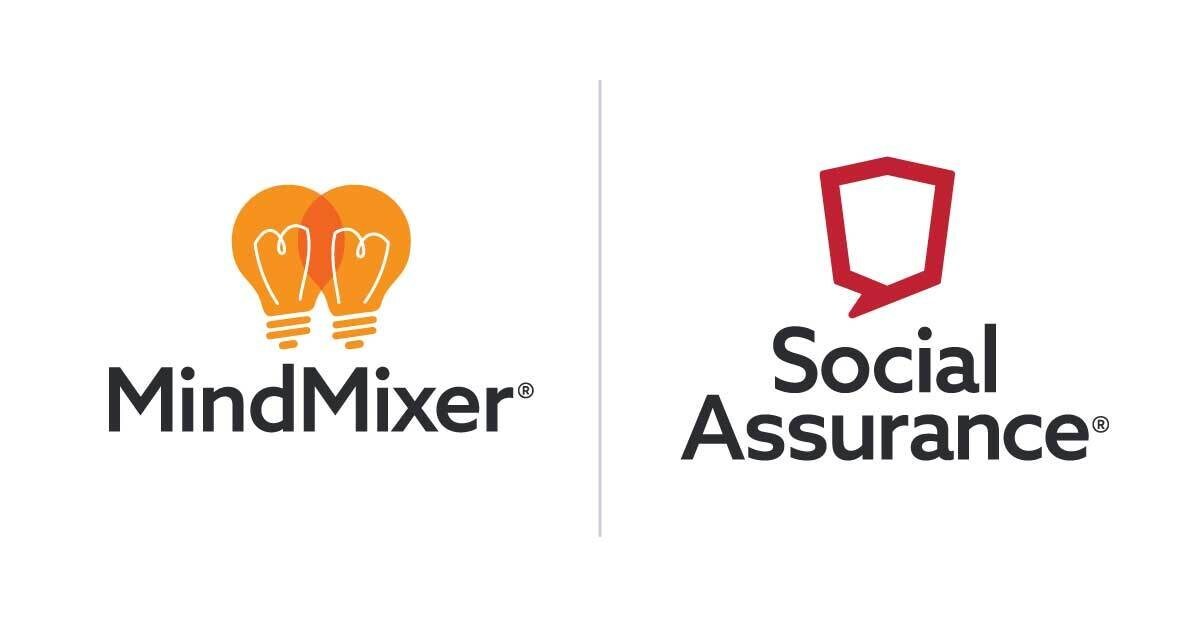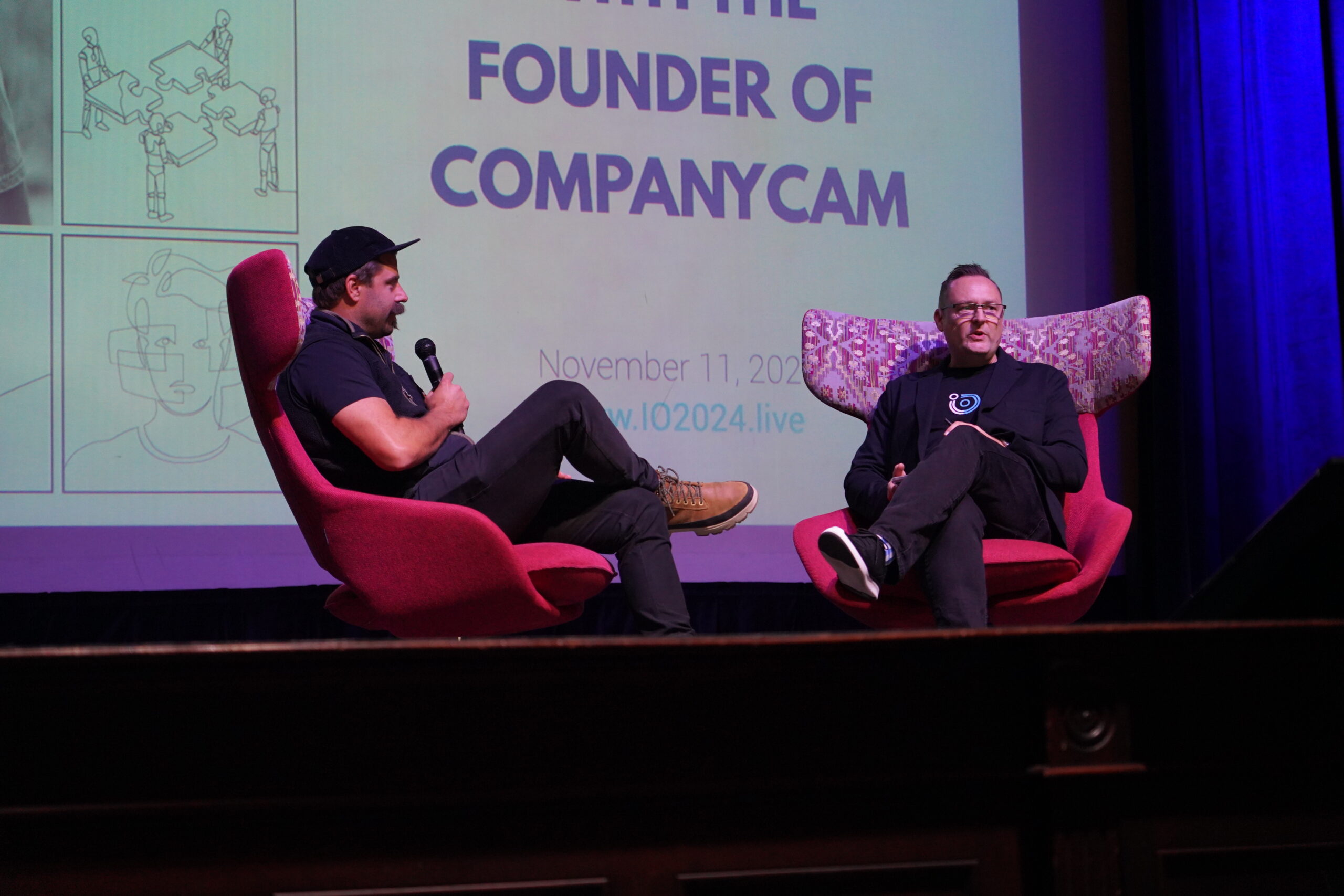After more than two decades at Gallup studying the psychology of performance and entrepreneurship, Sangeeta Badal is bringing her research into the classroom and the community at Creighton University.
Badal joined Creighton’s Heider College of Business in August as researcher-in-residence at the new Center for Enterprise Value (CEV), where she is helping lead development of an assessment that measures how entrepreneurial leaders connect with teams and drive outcomes.
The Entrepreneurial Leadership Profile, or ELP, will be embedded in Creighton coursework and community programs, with a soft launch at HUSTLE, a conference for founders and growth-minded professionals, on Oct. 9 and 10. Attendees will be able to take the web-based assessment and receive an immediate report.
“The whole question that I’ve always been interested in is what brings out the best in people in terms of their performance in a role,” Badal said. “My work at Gallup focused on that, and my work here at Creighton is really the next level or evolution of that attempt to understand what brings out the best in people in work environments.”
From individual founders to team leadership
Badal’s research has shifted from profiling individual entrepreneurs to understanding how leaders influence team performance. She said recent scholarship, including work from Babson College, shows that personality alone is not enough to explain business outcomes as organizations grow.
“It is much, much better for us to study the role of an entrepreneurial leader in influencing and guiding their teams to perform entrepreneurial actions, which then leads to superior outcomes,” Badal said. “We all understand that it’s never one individual that can build a company, it’s a team.”
At Creighton, she is helping design the Entrepreneurial Leadership Profile so students can use it in their coursework and the CEV’s entrepreneurship minor. The tool is designed to provide students with a deeper understanding of how they lead, collaborate and influence teams — skills that CEV Director Nathan Preheim said are essential regardless of their career path. Badal sees Creighton students as the first generation to benefit from applying this research early in their professional lives.
Inside the ELP
The ELP evaluates qualities that extend beyond a founder’s mindset. It measures emotional and social competence, the ability to influence and motivate teams and the capacity to develop entrepreneurial thinking among team members. It also captures cognitive flexibility, which Badal describes as a leader’s ability to move between empathetic and analytical reasoning, depending on the situation.
“Usually, humans are pretty good at oscillating between these two opposing reasoning methods, but how often and how easily the individual can do that depends on their cognitive flexibility,” she said. Leaders with that agility “will be able to drive better outcomes for their teams, and their teams will do better, they will be happier.”
At Creighton, the ELP will be embedded in classroom experiences. Entrepreneurship minors will use the results to understand their strengths and blind spots, then connect those insights with coursework, such as storytelling for students strong in customer vision, or operations for those who score highly on structure and execution. Participants also receive a report comparing their scores to a nationally representative sample.
“The first gain from going through an exercise like this is the self-awareness that it creates for the individual,” Badal said. “They can utilize that information to cultivate better behaviors that would allow their teams to flourish.”
The rollout is planned in two phases. The initial version is a self-assessment, while a later phase will incorporate feedback from team members to create a 360-degree view of leadership.
Creighton’s Center for Enterprise Value
Longtime founder and investor Preheim said the institute’s mission is to equip students with entrepreneurial leadership skills while also supporting local entrepreneurs with applied research and tools.
“Entrepreneurial success is not just about ideas. It’s about people and the teams. And what if this instrument could help identify entrepreneurial roles, dynamics and strengths in sort of a structured, predictive way,” Preheim said.
One of the main ways CEV reaches students is through the entrepreneurship minor, which Preheim often describes as a way to “amplify your major.” The minor is designed to complement any field — business, health, law, journalism or the arts — by helping students build creativity, teamwork, analysis and storytelling skills. Coursework is tied to entrepreneurial roles identified in the assessment, allowing students to connect their strengths to practical experiences.
“The jobs of tomorrow are going to almost require an entrepreneurial mindset,” Preheim said. He emphasized that whether graduates launch startups or work inside established companies, they will need the ability to think entrepreneurially and function effectively in teams.
Beyond the classroom, the center plans to integrate the tool into its accelerator, alumni ventures and local company partnerships. Preheim said this positions Creighton as one of the first universities to embed a predictive, research-based entrepreneurial assessment across its ecosystem.
“Individuals get beat by teams every day of the week,” he said. Preheim envisions the tool eventually supporting founders and investors outside Creighton as well, including a possible matching system that pairs people with complementary skills, what he described as “Tinder for teams.”
Why HUSTLE
Eric Gautschi, who organizes the HUSTLE conference, said it is a fitting venue to debut the tool because it brings together founders and leaders who are open to testing new ideas.
“This new model … is a paradigm shift that entrepreneurship is not really just an individual endeavor, but it’s a team sport,” he said. “This new model is looking at leadership from, I think, a much more nuanced and interesting and appropriate way.”
He added that the partnership with Creighton gives HUSTLE attendees access to cutting-edge research while offering the university a live setting to gather feedback. “This is something that has the potential to be really groundbreaking for folks all over the country, all over the world, in the entrepreneurship space, and it’s happening in Omaha, which is really cool,” Gautschi said.
At HUSTLE, attendees will be able to take the 30- to 40-minute web-based assessment, which includes situational judgment items, multiple-choice questions and paired comparisons. Reports will be generated immediately, displaying scores across leadership dimensions and comparing results to a national representative sample.
Badal will also present the conceptual framework behind the ELP and encourage entire teams to participate. She said the soft launch is meant both to provide participants with insights and to refine the instrument as more data comes in.
What comes next
Badal said the ultimate goal is for every Creighton graduate to leave with entrepreneurial leadership skills that they can apply in any career, while providing community founders with a practical tool to build stronger teams. She emphasized that ensuring the assessment works equitably across gender, race and age groups is central to its design. “This assessment should perform the same for men and women and older and younger people, and different racial groups,” she said. “That is going to be a big focus of mine.”
Preheim said the data collected at Creighton will not only refine the tool for students and entrepreneurs but also build a foundation for broader research and economic development. “At the end of the day,” he said, “you could argue this is all economic development, because it ties back to jobs. We’re helping create jobs.”
The HUSTLE soft launch is just the start. But for both Badal and Preheim, the work reflects a larger vision: positioning Creighton and Omaha as leaders in the next wave of entrepreneurship research and practice, while preparing students and founders alike to succeed in a world where strong teams make the difference.



